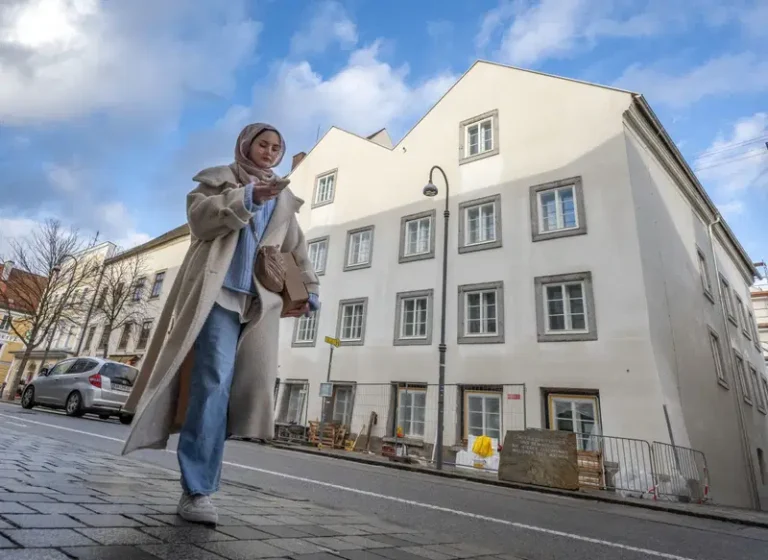By ISAAC ANUMIHE, Abuja
With Nigeria’s economy shrinking to its deepest level of 1.8 per cent since 1983 and forcing over 131 Nigerians into poverty due to the effects of the COVID-19 pandemic and low oil prices, International Monetary Fund (IMF) has come out with policy options that can help reduce inflation and protect poor households.
These include increasing the transparency and predictability of exchange rate management policies to reduce distortions in allocations in the private and public sector; and to ensure that agents can access foreign exchange in a timely and orderly manner, at an agreed rate.
Others are that Nigeria should clearly define monetary-policy priorities and objectives, with price stability as the primary goal.
‘Resumption of naira-denominated open-market operations (OMOs) based on a transparent issuance schedule, and signal to markets that OMOs will use short-maturity securities to achieve price stability.
‘Full and effective reopening of land borders for trade and strengthening regional co-operation to combat smuggling.
‘Facilitation of imports for staple foods and medicines by removing them from the list of foreign exchange (FX) restrictions and replacing import bans and with tariffs that align with the ECOWAS Common External Tariff.
‘Establishing mechanisms to monitor and report the Federal Government’s stock of Central Bank overdrafts to control the growth of the money supply.
‘Full elimination of the petrol subsidy; and design of sequenced reforms to mobilise domestic non-oil revenue in a way that does not affect the economic recovery, including increasing excise taxes on harmful consumption goods, rationalising tax expenditures, removing loopholes in tax laws, and improving tax compliance by strengthening revenue administration,’ it said.
Furthermore, Nigeria should leverage on the National Social Safety Nets Programme (NASSP) to provide transfers to additional households, and temporarily increase transfers to current beneficiaries.
Also, the nation should complement the NASSP with the National Home-Grown School Feeding Programme (NHGSFP) to strengthen the food security of vulnerable households in 26 states
and rapidly implement the World Bank-supported CARES project to support households, farmers and firms.
However, the fund also noted that the Nigerian economy is expected to grow by 1.8 per cent in 2021, if there is a rise in oil exports.
‘Though there is high uncertainty about the outlook, the recovery would be driven by a rise in oil exports and in domestic demand. However, Nigeria’s recovery is expected to underperform those of other oil producers, and an unexpected shock to oil prices could threaten the modest growth projected.
‘Moreover, high inflation and high unemployment exacerbate macroeconomic risks, and activity in the tertiary sector will not fully normalise unless COVID-19 is contained. By the end of 2021, Nigeria’s GDP is likely to approach its 2010 level, thus reversing a full decade of economic growth. GDP per capita is projected to continue declining because the economy is forecast to grow more slowly than the population.’ (Daily Sun)








602627 11572Great post man, keep the nice function, just shared this with the friendz 55575
913818 449657Someone necessarily assist to make critically articles Id state. This really is the first time I frequented your internet page and thus far? I amazed with the analysis you produced to make this actual submit incredible. Excellent activity! 173687